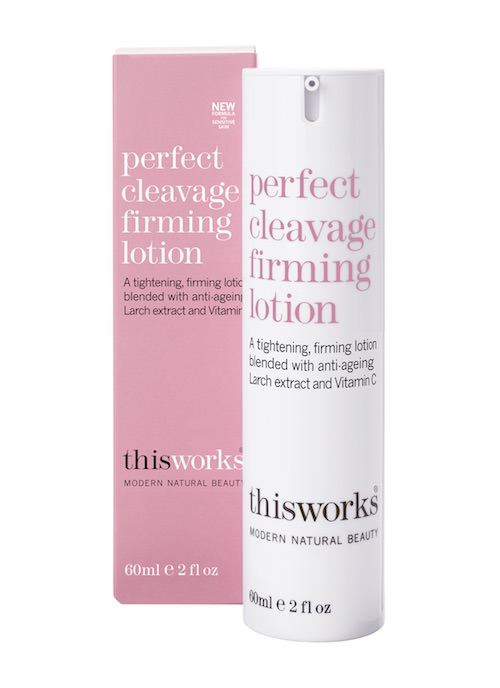Living with breast implants
You’ve made the big decision to go ahead with breast surgery, saved your pennies and read up on what to expect from the actual operation – but once the big day is over, and the swelling has gone down, there are a number of things to consider in the future, now that you are living with breast implants.
Breast examination
Hopefully you were performing monthly checks on your breasts for any changes and irregularities before your surgery, but if not, you definitely need to get into the self-examination habit now. While your breasts are settling down, they are likely to feel taut or rigid and sensitive, but after six to eight weeks they should start to look and feel more natural. Now is the time to take note of how your new curves feel. Ask your surgeon to help you distinguish the difference between breast tissue and implant, as well as how to check your breasts without squeezing the implant valve.
Implant rupture
One thing you must look out for is if the implant ruptures, because the silicone may leak out into your breast. If this happens you can develop small lumps known as siliconomas, which can be tender to touch and may need removing if they cause significant pain.
Mammograms
Once you reach 40, you should start to have regular mammograms, which are an important part of early detection of breast cancer. Implants can affect screening, so you must tell the radiographer of your surgery. Fortunately implants are so common nowadays, that most radiographers are experienced in gently displacing the implant and taking extra shots of each breast to ensure they get a clear picture.
Can I still breastfeed?
It is advisable to wait until you have weaned your last child before you opt for breast implants, as pregnancy and breastfeeding will change the shape of your breasts anyway. If you had an implant first, your ability to breastfeed mostly depends on the type of surgery you had. If the incision was made under the fold of the breast, or via the armpit, then it should still be possible; the problem with breastfeeding usually occurs when the incision has been made around the areola. If you have good feeling in your nipple still, the chances are you will be able to breastfeed, however you won’t know for sure either way until you first try to nurse. Make sure you tell your doctor about your surgery, so that she can advise you on techniques and monitor your baby’s weight progress closely.
Can I fly?
You may have heard scare stories that flying with breast implants can cause them to rupture, but it is an urban myth and flying does not pose any additional risk to an implant splitting.
Can I exercise?
You should refrain from any exercise for the first two weeks, then start with gentle lower body movement only for the next two weeks, and then no more than light exertion in weeks four to six. Talk to your consultant about exercise at your six week post-operative check up, but after that you should be able to resume normal activities.
Latest Cream Review
Browse Categories
Most popular
Dr. Organic Moroccan Argan Oil Breast Firming Cream Review
Dr. Ceuticals Bust Boost Review
UK beaches uncovered: The topless top five
Palmer’s Cocoa Butter Bust Cream Review
The politics of breasts: Know your rights
Strapless, backless or plunging – bra solutions for every dress dilemma
Nutrition and lifestyle for breast cancer prevention


